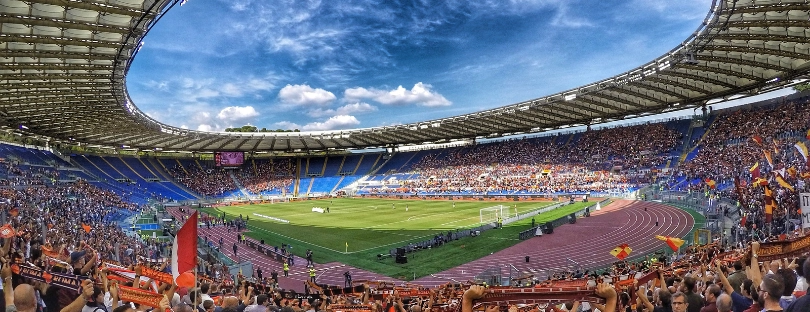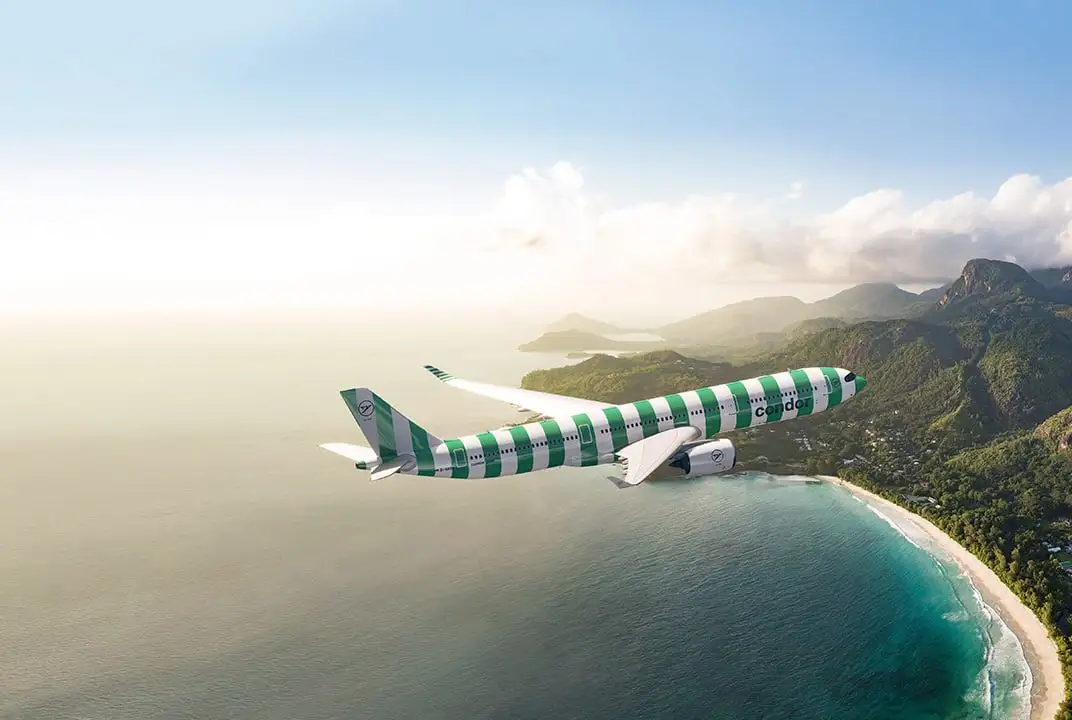
Deloitte predicts 20% increase for in-flight connectivity (IFC)
In-flight services are additional offerings, both free and paid, provided by airlines to improve their passengers’ flying experience. This includes not only food, beverages, and duty free shopping, but also the provision of entertainment services and internet access via Wi-Fi. The latter two are becoming increasingly common, with a growing expectation among passengers. Deloitte predicts that globally, one billion air passenger journeys – a quarter of all passengers – are expected to be on planes fitted with in-flight connectivity (IFC) in 2018. This is a 20% increase from the previous year.
While IFC has been available for many years in markets such as North America, it should be more popular and lucrative than ever in 2018, thanks to the rising number of routes covered, higher connection speeds and greater data capacity per flight. This trend implies that within a few years, the airplane may no longer be one of the last remaining connectivity-free zones – in any part of the world.
Claire Jolly, head of TMT at Deloitte in the North West, said: “For three-quarters of air travellers at present, being on a plane means disconnection from the world, whether or not they want that.
“In 2018, the airline industry will commence a significant step-change. Newer aircraft and improved telecommunications technology will mean that connectivity will not only improve, but it will also become cheaper. As a result, IFC is likely to become standard, enabling travelers to work, interact with social media and surf the web from 35,000ft in the air.” in-flight connectivity
Firms offering in-flight services: entertainment and connectivity
Gogo, Global Eagle, and Viasat are some of the most specialized companies advancing the frontiers of IFEC services. Since most of the aircraft is not equipped with IFEC technologies yet, there are a lot of market opportunities for existing and new-entrant firms.








